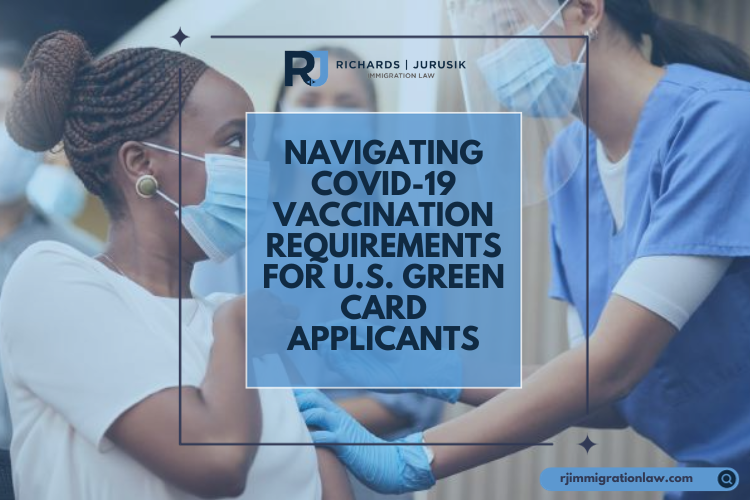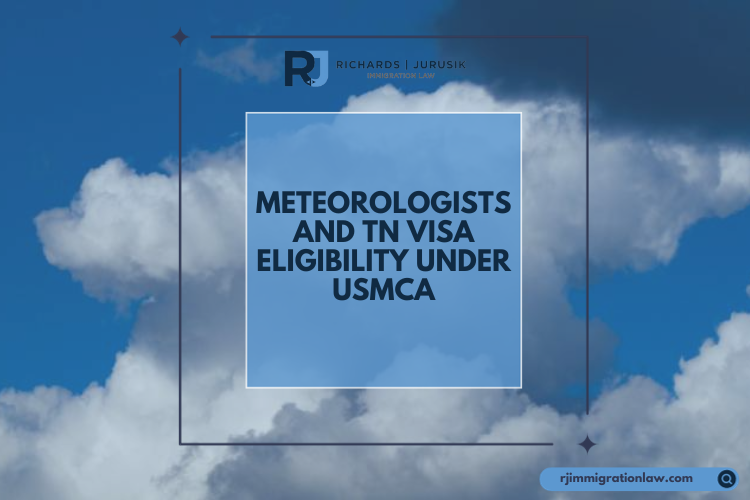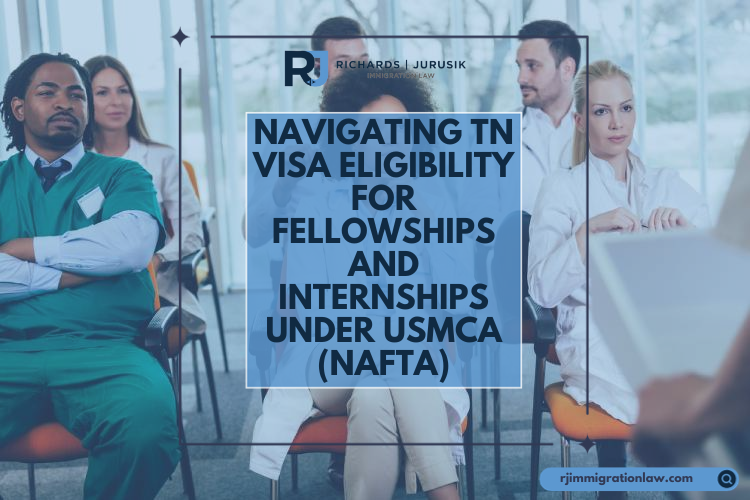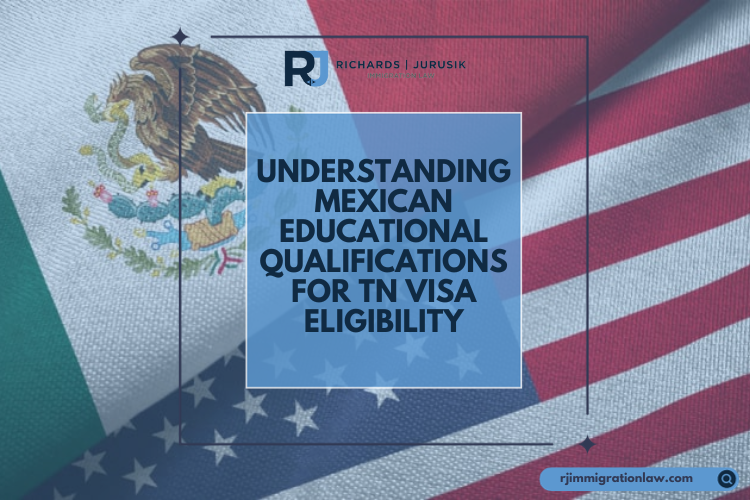The L1 visa represents a pathway for multinational companies seeking to transfer key employees from their foreign offices to the United States. It’s designed to facilitate the smooth transition of executives, managers, and specialized knowledge staff under two distinct categories: L1A and L1B. Understanding the visa’s requirements, especially regarding U.S. office space, is fundamental for a successful application—this overview covers the specifics of these requirements, offering insights and recommendations for prospective petitioners.
1. Overview of the L1 Visa
The L1 visa serves as a conduit for multinational companies to transfer key personnel to their U.S. operations. It is categorized into L1A visas for executives and managers and L1B visas for employees with specialized knowledge. This visa facilitates international talent mobility and promotes the global integration of business operations.
2. The Criticality of U.S. Office Space
A pivotal aspect of the L1 visa application is proving the availability of suitable office space in the U.S. The United States Citizenship and Immigration Services (USCIS) requires petitioners to demonstrate that they have secured a workspace conducive to the transferred employee’s role. This requirement underscores the operational readiness of the U.S. office to support its new staff member.
3. Workspace Specifications for New Companies
For entities newly established in the U.S., the proof of “sufficient” office space is indispensable. While ownership of the premises is not a prerequisite, documentation such as a lease agreement becomes crucial. This evidence must show that the U.S. entity has made arrangements to accommodate the transferred employee.
4. Additional L1 Visa Criteria
Beyond the office space requirement, several other criteria are significant in the L1 visa application process. These include establishing a qualifying relationship between the foreign and U.S. entities, verifying the employee’s eligibility based on their role and tenure at the foreign office, and demonstrating the U.S. entity’s financial stability to support the employee.
Conclusion and Recommendations
Applying for an L1 visa is intricate, with each case presenting unique challenges. The necessity of U.S. office space is just one of the many requirements that petitioners must navigate. Given the complexities involved, consulting with an experienced immigration attorney is invaluable. This professional guidance can ensure that all aspects of the application are thoroughly addressed, increasing the likelihood of a successful outcome.
Subscribe to Our Resources Blog
Schedule a Consultation with an Immigration Lawyer







